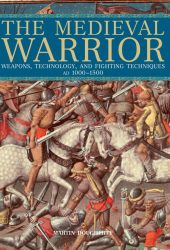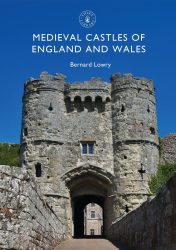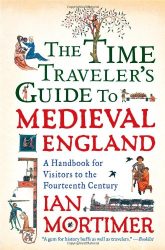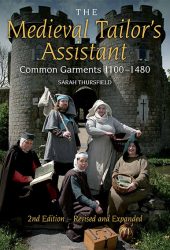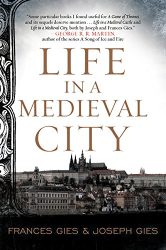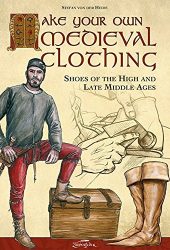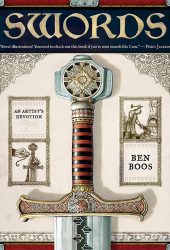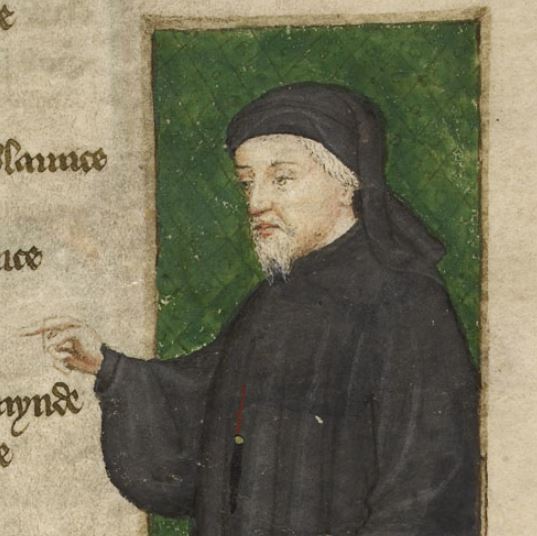
Geoffrey Chaucer (c. 1340 – 1400) was an English poet, philosopher, bureaucrat, and diplomat, widely regarded as one of the greatest poets in the English language. He is best known for his masterpiece, “The Canterbury Tales,” a collection of stories written in Middle English, which provides a vivid portrait of medieval life and society.
Who Was Geoffrey Chaucer?
Chaucer was born into a family of wine merchants in London, although his exact date of birth is uncertain. Little is known about his early life, but he received an education that likely included exposure to French, Latin, and Italian literature, as well as classical works.
Chaucer’s career was varied and illustrious. He served as a courtier, diplomat, and civil servant under three successive kings: Edward III, Richard II, and Henry IV. His diplomatic missions took him to various parts of Europe, where he encountered different cultures and literary traditions that influenced his writing.
Chaucer’s literary output was diverse, encompassing poetry, prose, and translations. His most famous work, “The Canterbury Tales,” is a frame narrative that follows a group of pilgrims on their journey to the shrine of Thomas Becket at Canterbury Cathedral. Along the way, each pilgrim tells a tale, offering insights into their character and society.
“The Canterbury Tales” is celebrated for its rich characterization, vivid storytelling, and social commentary. Chaucer’s characters represent a cross-section of medieval English society, ranging from nobility to peasants, and his tales explore themes such as love, marriage, religion, and morality.
In addition to “The Canterbury Tales,” Chaucer wrote other notable works, including “Troilus and Criseyde,” a tragic love story set against the backdrop of the Trojan War, and “The Book of the Duchess,” an elegy for Blanche of Lancaster.
Chaucer’s influence on English literature cannot be overstated. His mastery of language, narrative technique, and characterization set a standard for generations of poets and writers to come. He is often referred to as the “Father of English Literature” and remains a beloved and revered figure in the literary canon.
Books about Medieval Life
More Medieval People
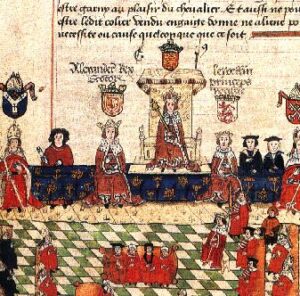
Medieval People: Andrew de Moray
Andrew de Moray a pivotal figure in the Wars of Scottish Independence and stands as a symbol of Scottish resistance against the English.
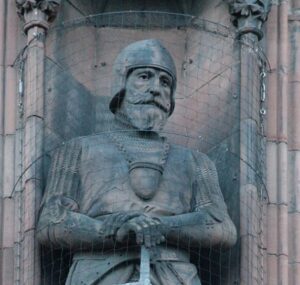
Medieval People: James Douglas, Lord of Douglas
James Douglas was a formidable figure renowned for his unwavering loyalty, military prowess, and unyielding commitment to Scotland’s cause.
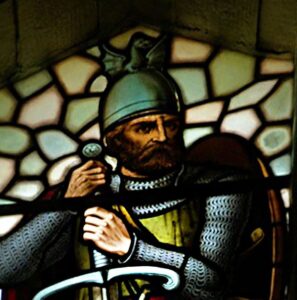
Medieval People: William Wallace
William Wallace commands reverence as a symbol of resistance against English oppression during the Wars of Scottish Independence.
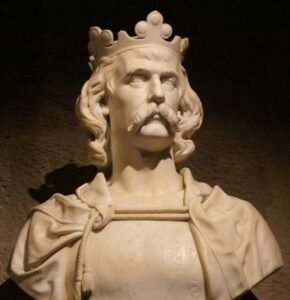
Medieval People: Robert the Bruce
Robert the Bruce was one of Scotland’s most renowned medieval kings and a prominent figure in the country’s history.
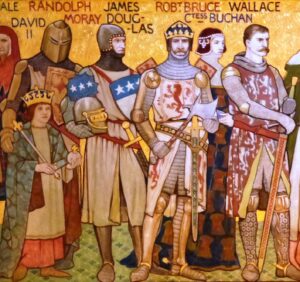
Scotland’s Most Famous Medieval Knights & Warriors
Scottish knights played a crucial role in shaping the medieval history of Scotland. Learn more about their bravery and fierce determination.
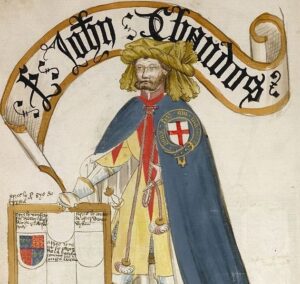
Medieval People: Sir John Chandos
Sir John Chandos was a notable medieval knight and military commander who played a significant role in the Hundred Years’ War.

